Your Soul’s Secret of Secrets
Chanukah is the story of oil.
Despite the battles miraculously won by the weaker and fewer Maccabees against the mightier and larger Syrian-Greek army, the Talmud, in its description of the miracle of Chanukah, concentrates solely on the miracle of the oil and virtually ignores the military miracle. “What is Chanukah?” asks the Talmud.
“Over what miracle was it established? When the Greeks entered the Sanctuary, they contaminated all its oil. Then, when the Hasmonean Kingdom overpowered and was victorious over them, they searched and found only a single cruse of pure oil that was sealed with the seal of the High Priest—enough to light the menorah for a single day. A miracle occurred, and they lit the menorah with this oil for eight days. The following year, they established these [eight days] as days of festivity and praise and thanksgiving for G-d.”
We thus celebrate Chanukah by commemorating the oil miracle and lighting the menorah for eight days, preferably using olive oil because it is easily drawn into the wick, its light burns clearly, and the miracle of Chanukah happened with olive oil.
Why the focus on oil? One could argue that discovering the oil was incidental to the main miracle of winning the battle against the enemy. Had that victory not taken place the subsequent discovery of the cruse of oil would not have been possible. Why then is the miracle of oil the defining feature of Chanukah, with no mention of the battles won – unlike, for instance, Passover, when we commemorate and recreate the victory over the Egyptians?
Chassidus explains that the essential miracle of Chanukah was a spiritual victory. The Syrian-Greeks didn’t want to physically annihilate the Jewish people (as Haman did in the time of Purim); they wanted to kill their souls. The Greeks were not opposed to Torah as a body of human wisdom and mitzvoth as a set of ethical rules; they sought to “make them forget Your Torah and make them violate the decrees of Your will” – to divorce the Torah and mitzvoth from its spiritual and Divine nature. The battle was fought not for any material or political end, but for the very soul of Judaism (see The Transparent Body and The Physics of Chanukah). Thus the Talmud defines “What is Chanukah?” by its spiritual miracle—the discovery of the pure, undefiled cruse of oil and the rekindling of the divine light which emanated from the Holy Temple.
Even when the mighty materialistic Syrians-Greeks desecrated all things sacred, even as all sources of pure light (from pure olive oil) were gone, ultimately one crucible of purity remained, and revived the soul. The powerful quality of light – even a minimal amount – prevailed over the strongest forms of darkness.
This explains the significance of the flames. But why specifically oil?
The Midrash offers the following parable in explaining the use of olive oil for the Menorah in the Temple: It is comparable to a king whose legions rebelled against him. However, one of his legions remained faithful and did not rebel. The king said that this legion that did not rebel, from them I will take for my rulers and governors. So did G-d say, This olive brought light to the world in the time of Noah, as we see ‘the dove came…and it had an olive branch in its mouth’ (Vayikra Rabba 31:10).
One commentary (Rabbi Dovid Luria known as the Radal) explains that the corruption preceding the great flood did not affect man alone, but also the animal and plant kingdoms. Different animal species tried to interbreed; plants attempted to intergraft. Only the olive branch resists all forms of grafting. It thus it is considered the “legion that did not rebel.” It remained pure. Because it remained faithful to G-d, the olive was chosen to be the sign of rebirth and renewal after the flood. It was chosen to be the source for light in the holiest place in the world, and the source of light for generations to come.
But what is it about olive oil that immunizes it against corruptive forces? And how do we access its power?
The material nature of every physical entity evolves from its spiritual root. An analysis of the properties of oil can help illuminate its powerful spiritual significance.
The Talmud poses the following question: If an impurity touches oil floating on wine, does it contaminate the wine as well? Two opinions are offered: The Rabonon hold that oil is hydrophobic by nature and is therefore not considered connected to the wine, thus only the oil is contaminated, not the wine. Rabbi Yochanan ben Nuri disagrees. He holds that the oil is connected to the wine, and thus contaminates the wine as well (Tevul Yom 2:5).
Their disagreement applies to another law as well. On Shabbat we are prohibited from moving an object from a private area into a public area (or vice versa). The prohibition requires a two step process: lifting (akira) and placing (hanocho) – lifting the object from its resting place and placing it down in another place. The question is this: If oil is floating on top of wine, is it considered resting on the wine and thus prohibited to lift and place elsewhere. Rabbi Yochanan ben Nuri holds that the oil is connected to the wine, and thus is resting upon it. The Rabonon disagree and argue that oil is not connected, but completely separate from the wine. It is as if the oil is floating, and thus not considered to be lifted off the wine (Shabbat 5b).
The final ruling (halacha) follows the Rabonon, that the oil is completely separate from the wine.
The Rebbe Dovber (second Chabad Rebbe, son and successor of Rabbi Schneur Zalman of Liadi) in his profound work “Imrei Binah” (Shaar ha’Kriyat Shma ch. 52-56) wonders what the basis of the argument is in the first place. “Isn’t it a matter of empirical observation,” he asks, “whether the two blend together or they remain completely separate. We can test and see whether the oil and wine have mixed together in some way – both in substance and in taste. So, what defines the argument between the Rabonon and Rabbi Yochanan ben Nuri?”
Rabbi Dovber explains that the nature of oil can be understood only after we analyze olive oil’s spiritual personality.
The soul consists of three dimensions: The conscious, the unconscious, and the un-unconscious. The conscious divides into the revealed biological, emotional and intellectual faculties – corresponding to nefesh, ruach and neshomo (the first three of the five names/levels of the soul). The unconscious is chaya – the transcendent dimension, which remains unrevealed, but can surface through exerted effort. Finally – each soul contains the un-unconscious, yechida, which defies any form of expression.
The un-unconscious always remains essentially unknowable. It is the psychological parallel to the quantum-like state of fundamental probability, at the heart of Heisenberg’s uncertainty principle (see Beyond Structure, The Real You, The True You).
What distinguishes the level of the essential un-unconscious from the “regular” unconscious is that the unconscious is hidden, but can be revealed. In Carl Jung’s words:
“Until you make the unconscious conscious, it will direct your life and you will call it fate.”
This may be true on the level of the unconscious, but the level of the un-unconscious is fundamentally unrevealable.
Both are concealed, but the former is called “concealment of substance,” or the “defined unconscious,” and the other “concealment of no substance,” or the “undefined unconscious.” An example of the two is the difference between a white-hot coal and a flint stone. The fire in the coal is hidden, but it exists in the coal. All you need to do is fan the coal and the flame will emerge. In a flint stone no physical fire exists. However by striking it with force, you can release its spark (see The Power of Human Exertion).
These three dimensions – the conscious and the two levels of the unconscious – are embodied in the difference between bread, wine and oil: Bread (or water), conventional food, manifests the revealed faculties. Wine, concealed in grapes, reflects the unconscious – which is revealed by even slight pressure on the grapes. Olive oil represents the un-unconscious (which is much more locked in the olive, and therefore requires much more pressure to release, than wine in the grape). In the words of the Zohar: Wine is the level of “secrets” (a secret that can be revealed); oil is the level of the “secrets of secrets” – so secret that it is hidden even from the secrets, it is fundamentally secret and indefinable.
Oil itself also has two dimensions: One that interacts with the unconscious “wine” state, and leaves some impact on the unconscious. A higher level – the essential “oil” un-unconscious that remains detached and above all the levels it rests upon. [The paradox of oil is quite obvious: On one hand oil saturates all solids it comes in contact with. On the other hand, it rises and remains above any liquid it comes in contact with (see also Shemot Rabba 36:1. Ohr HaTorah Behaalotcho pp. 426)].
Rabbi Dovber explains that the two opinions of Rabbi Yochanan ben Nuri and the Rabonon, whether oil is connected or disconnected to the wine beneath it, reflect the two dimensions in oil: Rabbi Yochanan addresses the dimension of “oil” that comes in contact with and affects the “wine.” The Rabonon discuss the essential “oil,” which always remains not connected with the “wine.”
Now we can understand why oil plays such a primary role in the Chanukah experience: Oil represents the ultimate, essential soul connection to the Divine that is incorruptible and untouched by any impurity. It rises and floats above all existence.
It therefore has the power to transcend darkness – the materialistic challenge of the Greeks and their defiling of the Holy Temple and even the sacred oil. Like in “those days” so to today “at this time:” Even when our conscious and unconscious faculties may be temporarily compromised, one cruse of “pure oil” always remains, which is like a “pilot flame” that gives us the power to reignite the unconscious and the conscious that may have been extinguished (or concealed) for a while.
And the light that emerges from darkness is the strongest light of all. As the Ramban writes (beginning of Parshat Behaalotcho), that ‘these [Chanukah] flames will never be extinguished’ (unlike the Temple Menorah which ceased shining after the Temple’s destruction). Light that prevails after being challenged by darkness demonstrates that it is a light that can never die.
Chanukah is the celebration of oil – the oil within that lays in the deepest part of our souls – pure and innocent, untouched and untainted by all of life’s experiences, even the harshest ones. The pure oil of your soul floats above the din, which carries your secret of secrets – the part of you that transcends all defined forms of expression. The real you.
On all eight days of Chanukah, these lights are sacred, and we are not permitted to make use of them—only to look at them, in order to offer thanks and praise to Your great Name for Your miracles, for Your wonders and for Your salvations.
“We are not permitted to make use of them” – because they are beyond and to remain untouched by human needs, even our own. But we are allowed to look at them…
As we light the Chanukah flames let us study these flames and listen to their story – the story of our innermost lives, of our most intimate recesses of ours souls.
Chanukah tells the secret of secrets of your soul.
It’s comforting to know that despite all the darkness around us, despite the pains and losses we endure, despite the black night and the hostile streets – a quiet, little flame remains lit, untouched, unrevealable – hovering above, barely touching, yet firmly in touch with our regular lives.
This may be the most powerful message that we will ever hear: Your soul has a secret. A secret of secrets. Nothing, absolutely nothing, can touch, let alone hurt or diminish your soul’s secret oil.
On Chanukah the secret of your soul is revealed – the secret of all secrets.
On Chanukah you have the power to touch the untouchable, or better yet: to be touched by the untouchable.
* * *
Question for the week: What lesson or story do you learn from the Chanukah flames? What secret of the soul can you see in their light?

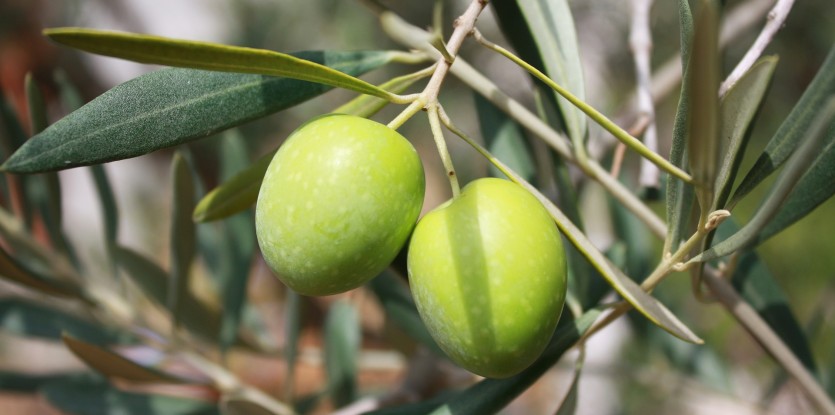
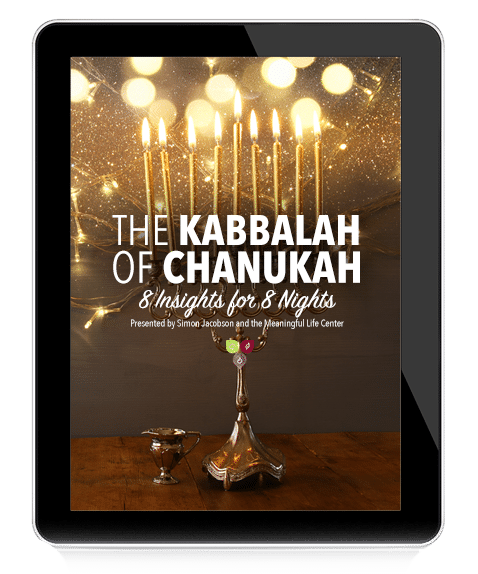
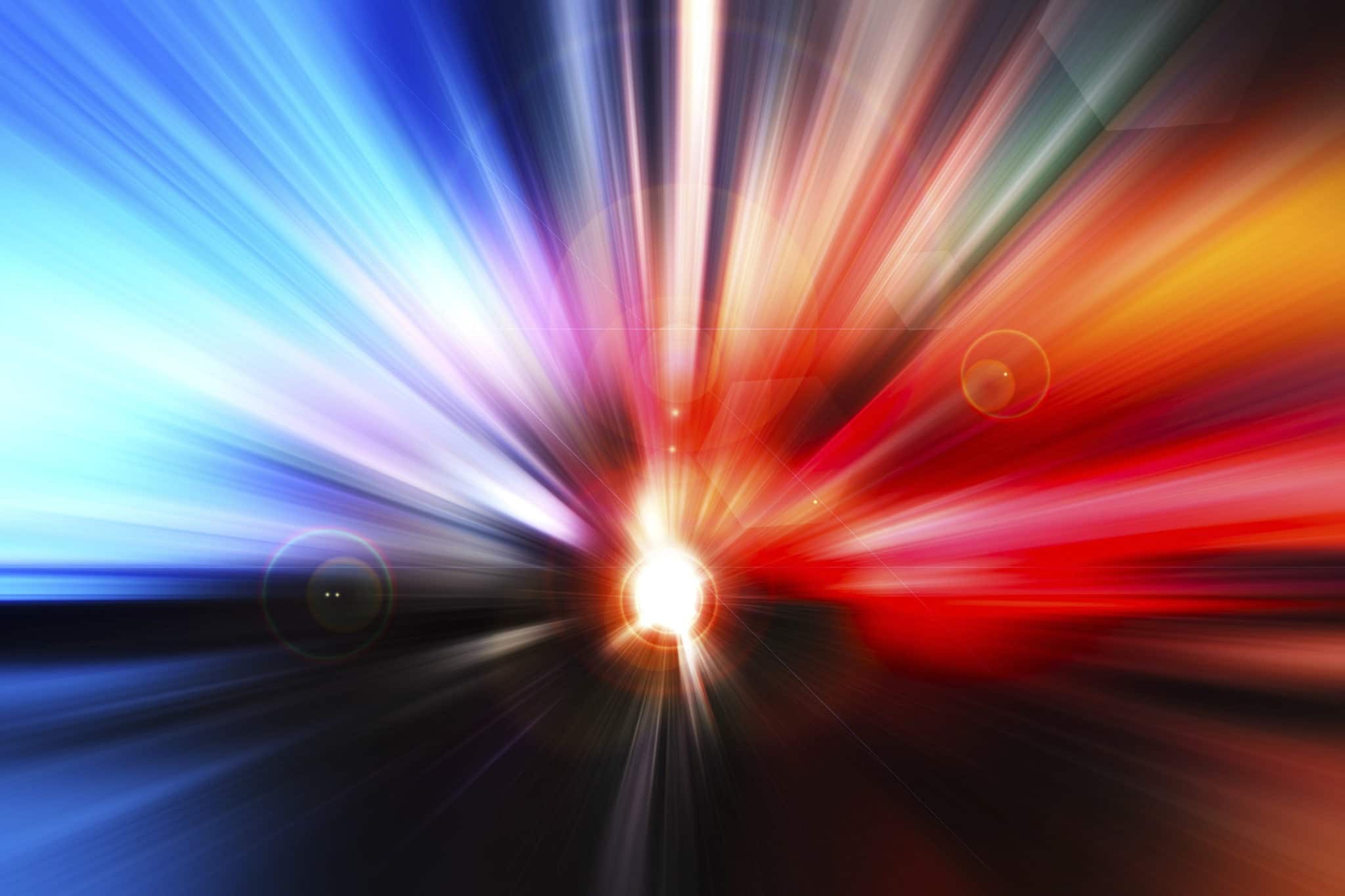
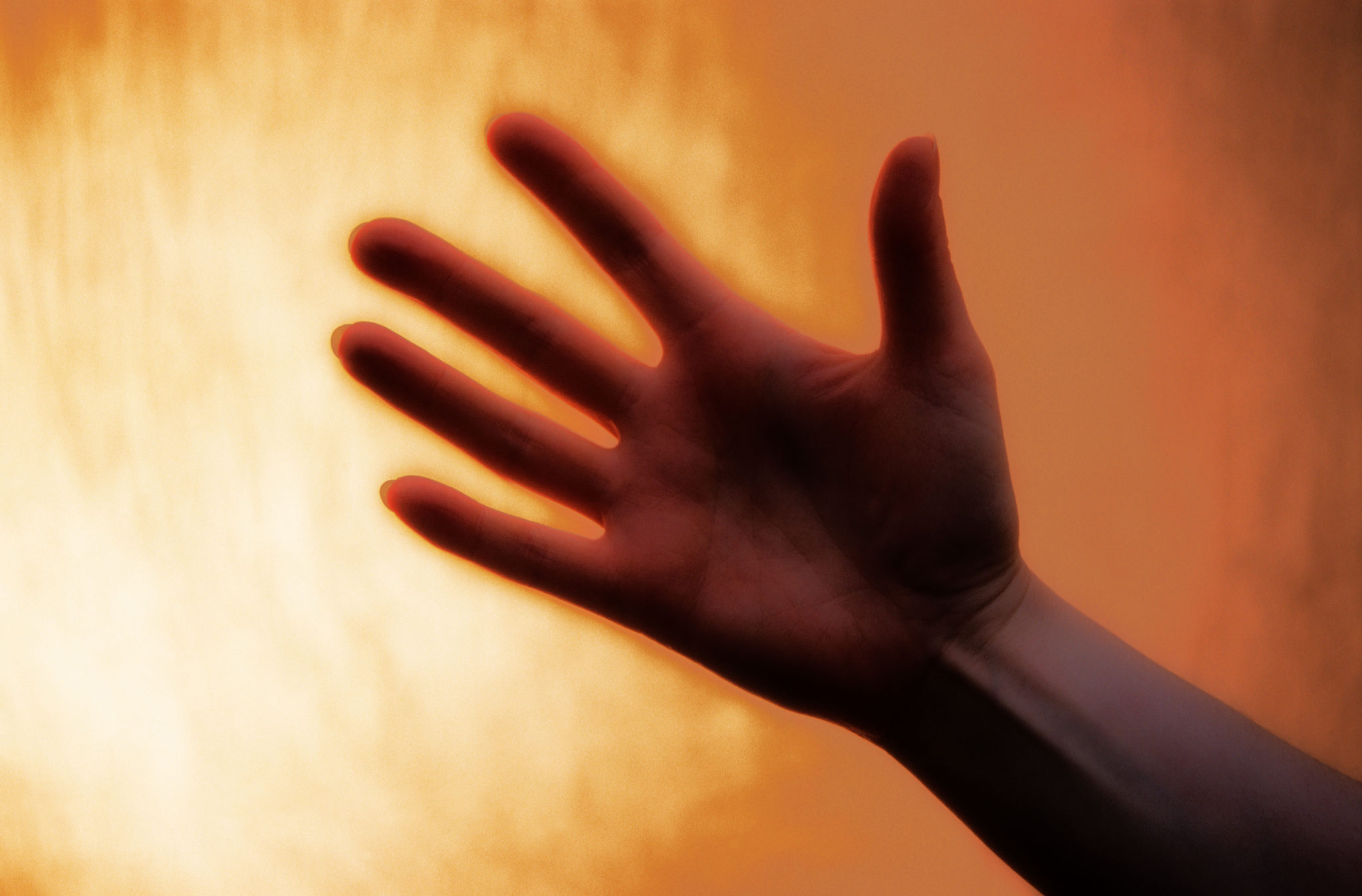
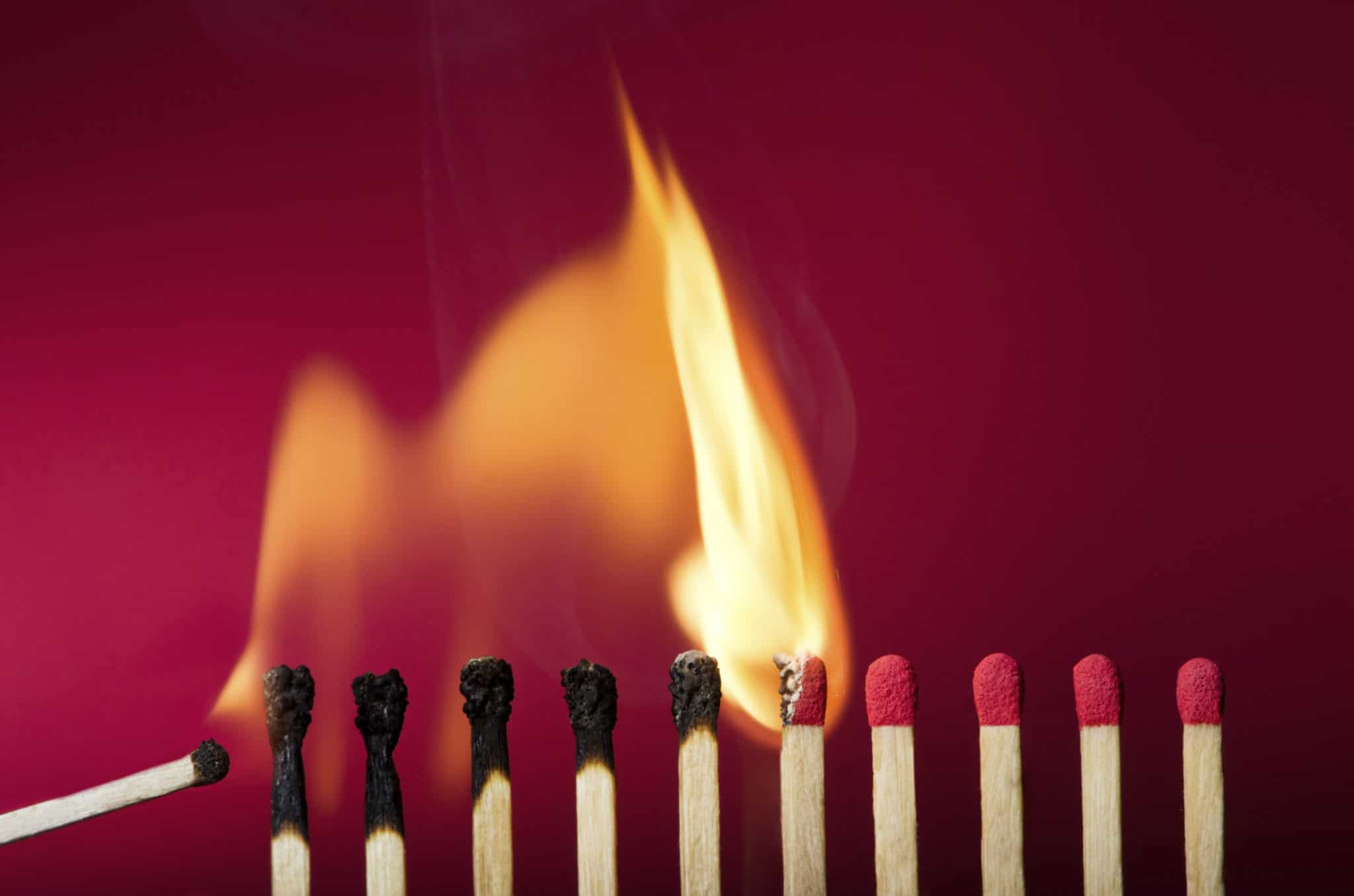



The Lights that comes from the Father of Light gives me hope that not by power, cunning or might will His loving promises come to pass, right now I am filled with an unexpressible joy and I love Him though I have never seen Him, I beleive in Him though I do not see Him now, I am recieving the goal of my faith, a Light that will steadily burn in my soul.
Can I think about Carl Jung as a Chasid?
I am amazed by the silence of the light. As opposed to the noisiness of this time of year.
If our souls secrets are revealed in the lights of Chanukah then we would really know, so I disagree Chanukah makes our secrets known…..so its the un-unconscious of the unknown that kindles our faith—-so I see Chanukah, now, after reading your article, Rabbi, as a time of profound hope, detachment of impurities and renewed faith. Thank you for this article, I wish I had read your article in 2006 rather than today in 2012. But apparently I wasnt meant to read it then.
Well, I thought the discussion was a bit circuitous vis-a-vis the wine and oil interface. My feeling is that the oil and light represent a metaphor for our essence. In the midst of all the wonder AND chaos, there is a finite spot that the light, whether it be on Shabbat, yom tov or Chanukah, represents the entire spectrum of what could be.